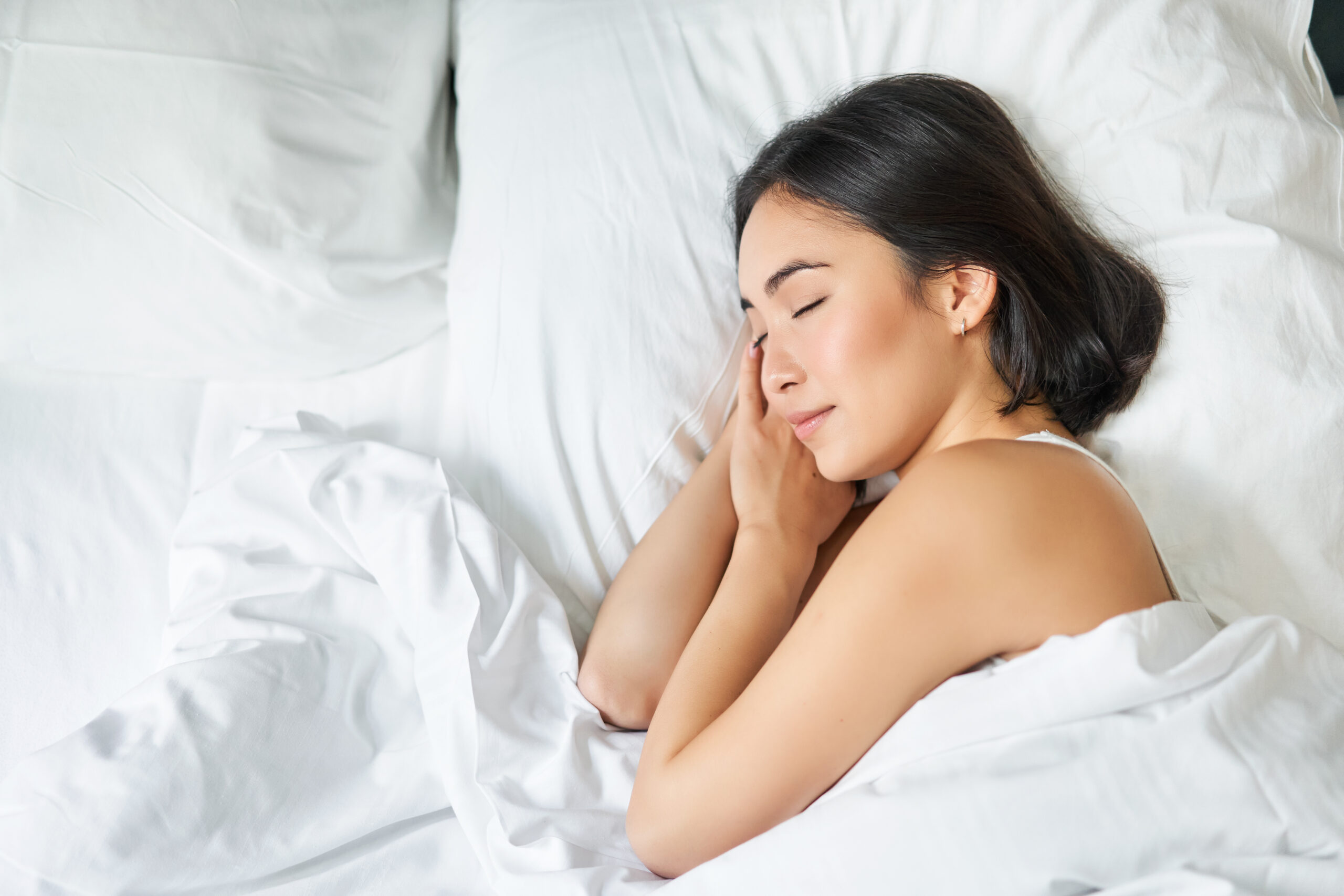In our fast-paced world, sleep is often the first thing we sacrifice to keep up with our hectic schedules. However, the importance of sleep extends far beyond feeling rested and alert. One of the most visible indicators of good sleep is our skin. This article delves into how sleep affects your skin and why prioritizing sleep is essential for maintaining a healthy, youthful complexion.
The Science of Sleep and Skin
During sleep, your body goes into repair mode. This is when the majority of cell turnover and regeneration occurs. Several key processes that benefit your skin take place while you sleep:
- Increased Blood Flow: While you sleep, your body increases blood flow to the skin, which helps deliver essential nutrients and oxygen. This increased circulation aids in the repair of damaged cells and the creation of new ones.
- Collagen Production: Sleep is crucial for collagen production. Collagen is a protein that provides structure and elasticity to your skin. As you age, collagen production decreases, but adequate sleep can help maintain higher levels, reducing the appearance of wrinkles and fine lines.
- Hormonal Balance: Sleep helps regulate hormones, including those related to stress (like cortisol). High cortisol levels can lead to increased oil production, which may cause acne. Balancing these hormones through sleep can lead to clearer skin.
- Hydration and Moisture: During sleep, your body rebalances hydration levels. This helps your skin recover moisture, which is essential for a healthy, glowing complexion. Without enough sleep, your skin can become dry and flaky.
Consequences of Sleep Deprivation on Skin
Lack of sleep can wreak havoc on your skin. Here are some common skin issues associated with sleep deprivation:
- Dull Skin: Without adequate sleep, your skin doesn’t get the chance to rejuvenate, leading to a dull, tired complexion. You may notice that your skin looks less vibrant and lacks its usual glow.
- Dark Circles and Puffiness: One of the most noticeable signs of sleep deprivation is dark circles under the eyes. Poor sleep can cause blood vessels under the thin skin around the eyes to dilate, leading to dark circles and puffiness.
- Increased Signs of Aging: Chronic sleep deprivation accelerates the aging process. Reduced collagen production leads to more pronounced wrinkles and fine lines, making you look older than you are.
- Breakouts and Acne: High stress levels from lack of sleep can trigger an increase in cortisol, which can lead to breakouts and acne. Additionally, poor sleep can disrupt the skin’s barrier function, making it more susceptible to infections and inflammation.
- Compromised Skin Barrier: Adequate sleep is essential for maintaining a healthy skin barrier, which protects against environmental pollutants and irritants. A compromised barrier can result in increased sensitivity and more frequent skin problems.
Tips for Better Sleep and Healthier Skin
To harness the benefits of sleep for your skin, consider incorporating these tips into your nightly routine:
- Stick to a Sleep Schedule: Try to go to bed and wake up at the same time every day, even on weekends. Consistency helps regulate your body’s internal clock.
- Create a Relaxing Bedtime Routine: Engage in calming activities before bed, such as reading, meditating, or taking a warm bath. Avoid screens at least an hour before bedtime, as the blue light emitted can interfere with your sleep cycle.
- Optimize Your Sleep Environment: Make sure your bedroom is conducive to sleep. This means a cool, dark, and quiet room with a comfortable mattress and pillows.
- Watch Your Diet: Avoid heavy meals, caffeine, and alcohol close to bedtime. These can disrupt your sleep patterns and affect the quality of your sleep.
- Stay Hydrated: Drink plenty of water throughout the day, but reduce intake right before bed to avoid waking up for bathroom trips.
- Use Quality Skincare Products: Incorporate a nightly skincare routine that includes cleansing, moisturizing, and any specific treatments your skin may need. Look for products that support skin repair and hydration.
Conclusion
Your skin is a reflection of your overall health, and sleep plays a vital role in maintaining its beauty and vitality. Prioritizing good sleep habits not only benefits your skin but also enhances your overall well-being. So, the next time you’re tempted to skimp on sleep, remember that those extra hours of rest are a crucial investment in the health and appearance of your skin. Embrace the power of beauty sleep and wake up to a more radiant you!

